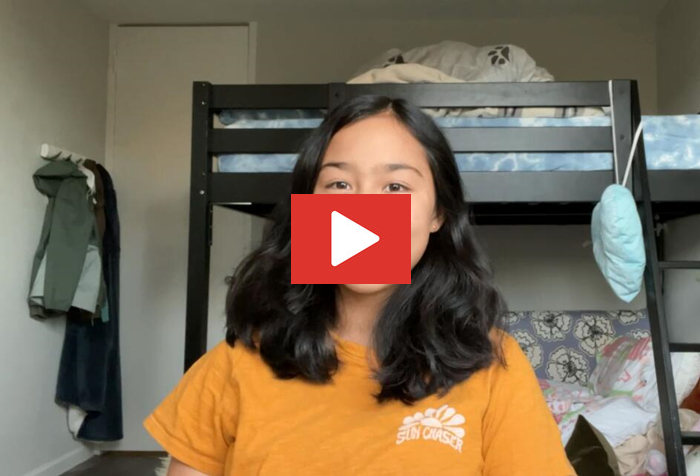Chinese Sentence Structure - Simple Sentences
Chinese Sentence Structure
Chinese sentence structure is of great importance for excellent Chinese expression. Mandarin Chinese sentence structure and word order are quite different from English and European languages, therefore sentences which are translated word-for-word to Mandarin will be difficult to understand. We must learn to think in Chinese way when speaking mandarin Chinese.
Chinese Sentences Categorized by Structure
| Simple Sentences | Definition | Examples |
|---|---|---|
| Subject-Verb Sentence | Sentences that contain both subjects and verbs | 学习汉语语法不难。(xuéxí hànyǔ yǔfǎ bù nán) Learning Chinese grammar is not difficult. 这本书很好(zhèběn shū hěnhǎo)。 This book is very good. |
| Elliptical Sentence | Sentence with part of it being omitted,based on certain contexts | 船在哪儿(chuán zài nǎér)? Where is the boat? (船)在那 zài nà。 (Boat) There. 你买了几本书(nǐ mǎile jǐběn shū)? How many books did you buy? 五本wǔ běn (书)。Five (books). |
| Sentence without a Subject | There is not a specific subject in a Chinese sentence | 下雪了(xià xuě le) It is snowing. 禁止吸烟(jìn zhǐ xī yān) No Smoking |
| Sentence of a Single Word or Phrase | As the name tells, a single Chinese word or phrase can sometimes be a sentence too. | 好(hǎo)!Great! 多聪明的孩子(duō cōnɡmínɡ de háizi)! |
Chinese Sentences Categorized by Usage
| Simple Sentences | Definition | Examples |
|---|---|---|
| Statement Sentence | A statement sentence states a thing, judgment, or a comment and ends with a period. | 今天是国庆节 (jīntiān shì ɡuóqìnɡjié)。 Today is National Day. 他是一个勤奋的人。 (tā shì yíɡè qínfèn de rén) He is a hard-working man. |
| Question Sentence | A question sentence ends with a question mark. | 你叫什么名字(nǐ jiào shénme mínɡzi)? What is your name? 你会说中文吗(nǐ huì shuō zhōnwén mɑ)? Can you speak Chinese? |
| Imperative Sentence | An imperative sentence gives a command or request to do something and usually ends with a period, but sometimes with an exclamation mark under strong affirmations. | 你应该努力学习中文。 (nǐ yīnɡɡāi nǔlì xuéxí zhōnɡwén) You should learn Chinese hard. 不准讲话(bùzhǔn jiǎnɡhuà)!Don’t speak! |
| Exclamatory Sentence | An exclamatory sentence shows a strong emotion and ends with an exclamation mark. | 多好的天气啊(duō hǎo de tiānqì ā)! What a nice day! |
Experience Your First Class!
Get a 30-minute FREE trial to see what our online classes look like.
Apply Now







